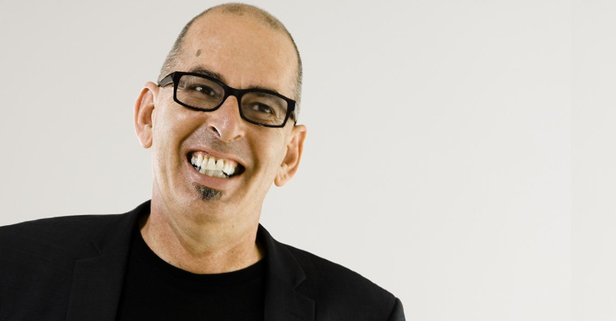Why the business world needs more sustainability champions

Sustainability – in life and in business – has moved beyond a buzzword, a catchphrase or even a trend. It’s now become crucial to our planet, our wellbeing and economies. The question we need to ask ourselves is, are we doing enough?
From a business point-of-view the answer is a resounding no, but that doesn’t mean we can’t change. However, in order to do that, it’s important to realise where we are, where we want to be, and make a move in the right direction quickly.
Turning point
We have reached a point where we have over-extended our natural free capital, which is never accounted for, or paid for. But once it’s gone, you lose it forever and you’re in big trouble. For example, once we lose the bees, it’s going to cost us billions of dollars to pay people to go around with cotton buds to pollinate all the kiwifruit.
The most important thing for businesses to realise is that we’re at a fork in the road – what we do now impacts the future for generations to come. The simple fact is, we’ve over-extended the capacity of our country to handle all the activities we’ve got. We’re actually running New Zealand as if we have three New Zealands to play with, and because of that, we’re starting to break. Obviously, the dairy industry and water quality issues we have are the most obvious manifestations of that at the moment.
Setting a new benchmark for sustainability
Addressing sustainable development is about realising it’s not just about how we treat the environment: it’s also about how we treat people.
I acknowledge that New Zealand is starting to lead the way by moving away from using GDP as our only economic measure – wellbeing in this country will also be measured by a new living standards framework implemented next year. This is in line with recommendations from the OECD and IMF – even they recognise the bottom line is not the only measure of success.
The ecostore business model, in partnership with the Fairground Foundation embraces the nine planetary boundaries identified by the Stockholm Resilience Centre, the Sustainable Development Goals outlined by the United Nations and uses the framework of combining planetary boundaries and social thresholds in Doughnut Economics.
Wrapping up the packaging
For those who don’t get on board with reducing waste, quite simply, your business will be left behind. Just last month at the World Economic Forum, 11 multinational organisations were announced as working towards using 100 per cent reusable, recyclable or compostable packing by 2025. These businesses – Amcor, Ecover, Evian, L’Oréal, Mars, M&S, PepsiCo, Coca-Cola Company, Unilever, Walmart and Werner & Mertz – represent six million tonnes of plastic packaging annually.
Kiwis can lead the way – ecostore made a world-first by being the only manufacturer to convert all of their own proprietary bottles to a plastic made from sugarcane. Called Carbon Capture Packaging bottles are made from renewable sugarcane plastic, a much more sustainable alternative to petroleum-based, it traps CO? from the atmosphere as it grows thereby reducing carbon footprint.
So, if the big boys are doing it, look out New Zealand – we’ll be left behind if we don’t move fast.
These multinationals are now looking at economies with no/low-waste models. That could be New Zealand, and it should be your business.
Regulation can help
If extinction isn’t enough of a signal for Kiwi businesses to develop modern sustainability models, intervention might help. I’m a bit of an outlier in the business community in that I’m a huge fan of carbon taxes – I call them bad behaviour taxes. You reward good behaviour and punish bad behavior: you can’t tell people don’t do things but you should also not give them a free ride or make it cheap for them to do it.
Build a purpose, make it transparent
Businesses around the world have become incredibly efficient, so if your products are exactly the same as your competitor’s, the only way people are going to buy them is because you have purpose, because you have transparency, because you’re sustainable. Otherwise your competitors will swamp you.
If you’re not a sustainable, purpose-led business with a mission to make the world a better place, consumer are going to stop buying from you and you’re going to go out of business. In ten years’ time there’s only going to be sustainable businesses – everyone else will be gone.
That’s the reason New Zealanders are going to have to change, because otherwise, they’re going to go broke.
-
Malcolm Rands is the executive chair of the Fairground Foundation, the not-for-profit arm of ecostore.?





